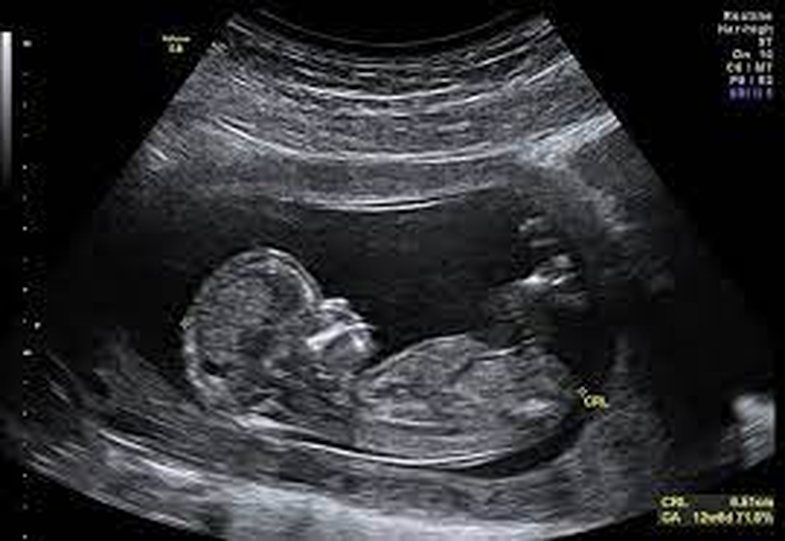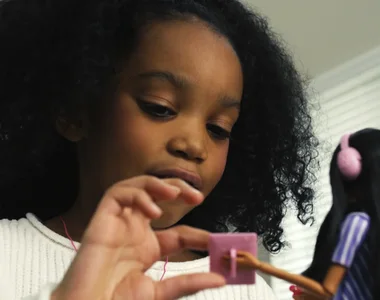
Recent research has revealed that hormonal changes at the end of pregnancy stimulate parental instincts.
The research, in mice, found that parental instincts were triggered by changes in the brain that occur in response to estrogen and progesterone at the end of pregnancy. Similar changes are likely to occur in the human brain, according to the scientists, who said the data could pave the way for a better understanding of parenting behaviors and mental health after birth.
"We know that the female body changes during pregnancy to prepare for raising children. An example is milk production, which begins long before birth. Our research shows that such preparations also occur in the brain," said Dr. Johnny Kohl, who led the research at the Francis Crick Institute in London.
For scientists, the fascinating fact is that these changes do not occur at birth, but the brain is prepared much earlier for this major change in life.
In humans, hormonal changes are not the only, or necessarily the primary, influence on parenting behavior. But understanding the changes that occur in the brain could provide new insights into parenting, including postnatal depression and psychosis.





